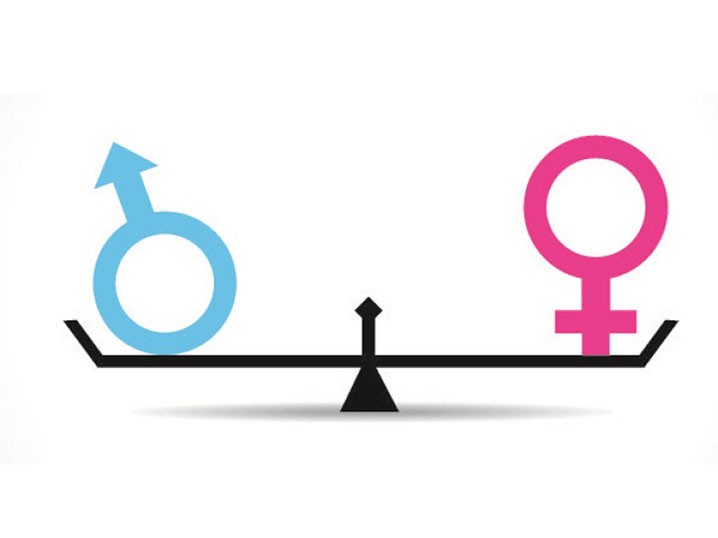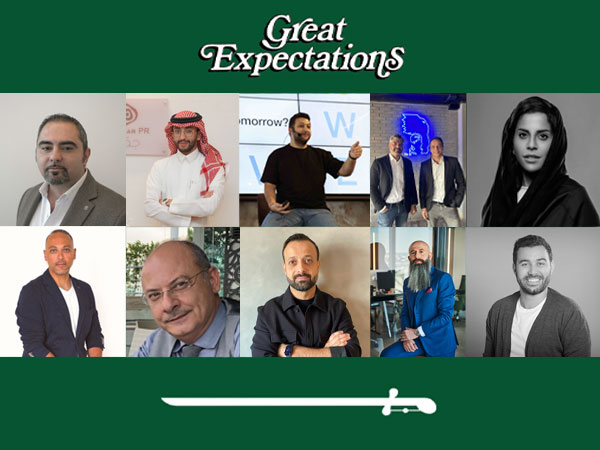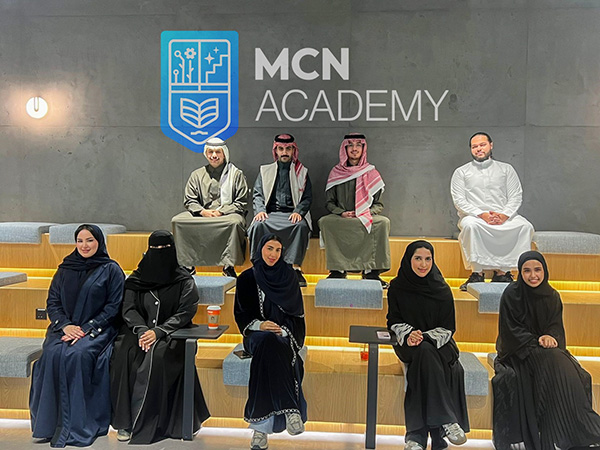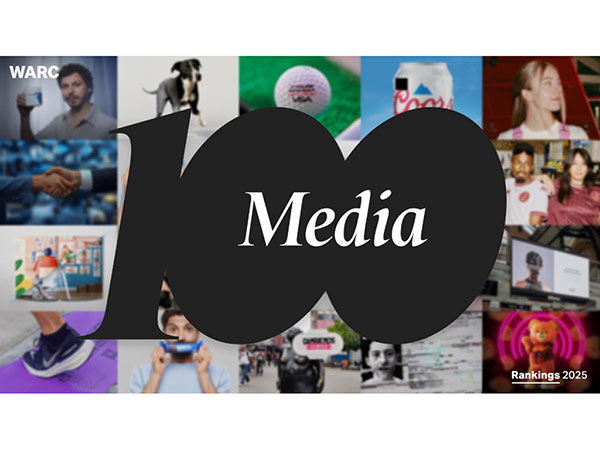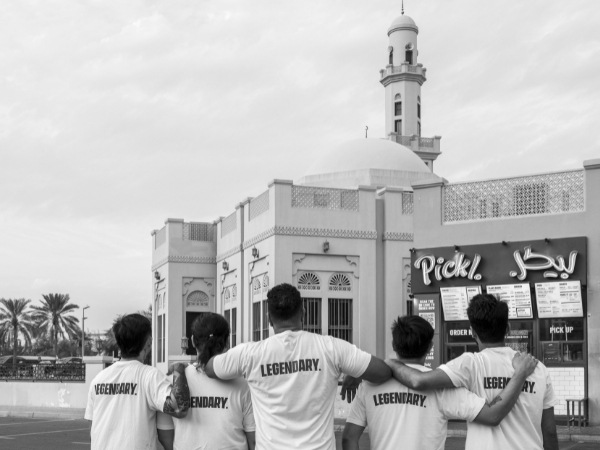News - Advertising
The struggle for gender equality in the communications industry
March 27, 2020

“Whatever the country, there are still clear patterns of women’s inferior access to resources and opportunities, and they are regularly facing discrimination, harassment and abuse,” says Nathalie Gevresse, managing director of DDB Dubai. “Opportunities should not depend on whether we were born male or female but on the talent that each one brings to the table.”
The fight for gender equality is as old as the hills and remains as relevant today as it ever was. In September last year, the third annual Diversity Best Practices Inclusion Index revealed that only 29 per cent of corporate or executive positions within advertising, media and technology companies in the US were held by women. Worryingly, that figure represented a drop of one per cent on the previous year, despite women accounting for at least half of the workforce in those industries.
Even within those industries that are historically dominated by women, equality at a senior level is absent. In October, Global Women in PR (GWPR) called for action on gender inequality in the public relations industry following the release of its first GWPR Annual Index. Despite the global PR workforce being two-thirds female, the research revealed that 62 per cent of boardrooms were male-dominated. It also found that women were far less likely to receive a wide number of career focussed benefits, including mentoring, training and networking opportunities, work performance bonuses and promotion. Not surprisingly, “this is affecting the career progression of many women working in PR”, the report said.
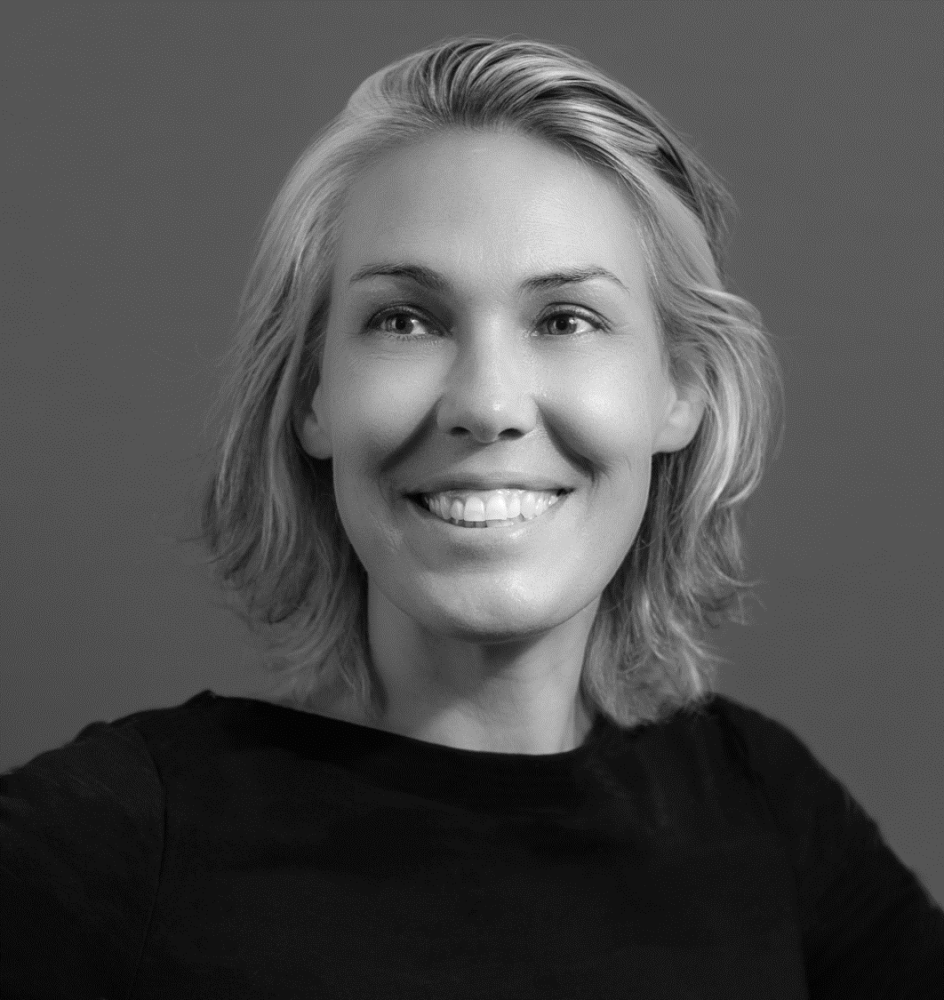
“Opportunities should not depend on whether we were born male or female but on the talent that each one brings to the table.”--Nathalie Gevresse, managing director of DDB Dubai
Within the Middle East, where cultural traditions continue to strongly define gender roles, it’s harder to gauge numbers or to obtain robust statistics. There are indicators though. Media and advertising agency guides, for example, reveal a concerning lack of diversity, with upwards of 80 per cent of leadership roles still held by men. Is this likely to change anytime soon? Probably not. In February, Taline Koranchelian, the International Monetary Fund’s Middle East and Central Asia deputy director, said it would take another 150 years to reach gender parity in the Middle East and North Africa. Participating in the Global Women’s Forum Dubai, Koranchelian was blunt in her appraisal of the region, stating that it was in the bottom 25 per cent worldwide for pay disparity between women and men.
It’s a fairly dismal picture, not helped by PWC Middle East’s ‘Women in Work’ survey, which revealed that $575 billion was being lost across the MENA region every year due to social barriers that exist for women to access jobs. Of the survey’s respondents, 66 per cent said they believed governments should intervene to set targets for gender diversity in private sector companies.
Gender equality is a multifaceted issue, encompassing everything from unequal pay and women’s representation at an executive level, to sexual harassment and even violence. Throw in flawed education and stereotypical gender roles and you begin to see the scale of the problem. With entry level jobs in the advertising industry fairly balanced between women and men, gender inequality is most acute at a senior level, says Gevresse, with men’s progression in both title and salary far outpacing that of women.
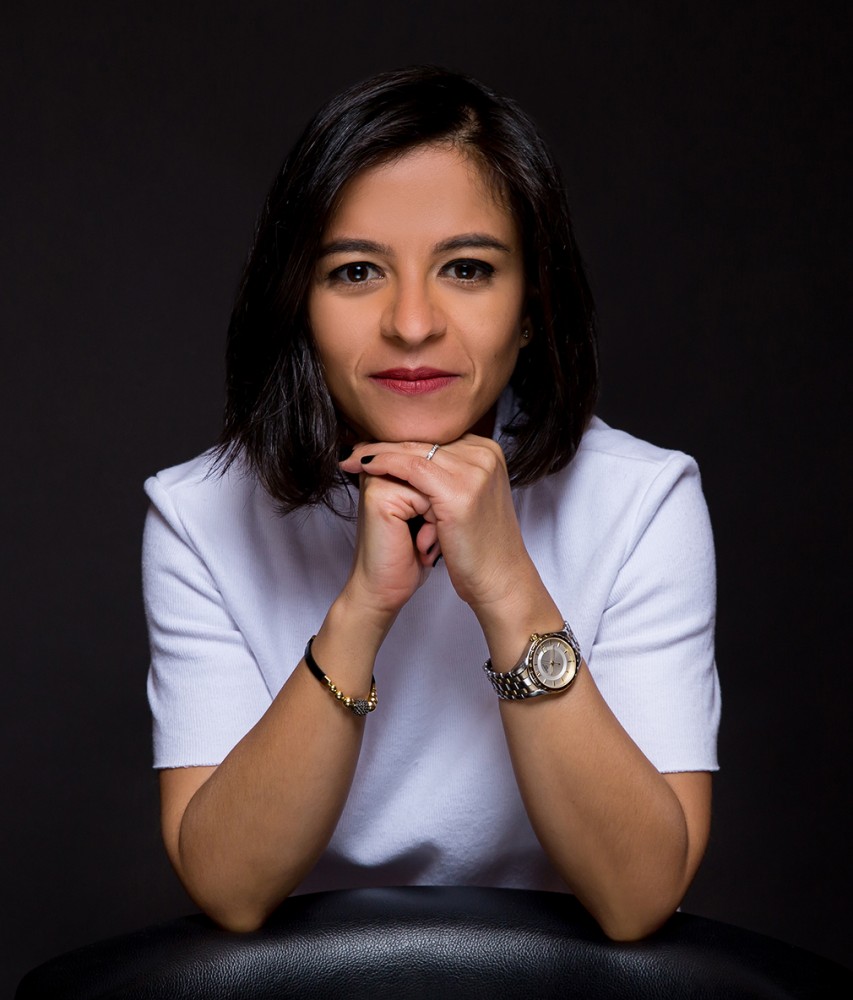
“Everything in this industry has been made based on the belief that agencies are men’s clubs. As such, the women’s fight in advertising has a long way to go.”--Remie Abdo, head of strategy at TBWARaad.
“Everything in this industry has been made based on the belief that agencies are men’s clubs,” says Remie Abdo, head of strategy at TBWARaad. “As such, the women’s fight in advertising has a long way to go.”
There is a persistent bias against women when it comes to certain roles, especially those higher up the corporate ladder, says Layal Takieddine, head of marketing at OMD UAE. Women are perceived to lack the same assertiveness as men and are viewed as being hamstrung by motherhood. Twin accusations that not only hinder the progress of women, but undermine agencies by accelerating the loss of talent and heightening tensions between employees.
“When looking at company support for female employees, women constantly have to struggle with balancing family life and their career due to the lack of flexible working hours, short paternity leaves (in the UAE men are given just three days paternity leave) and long working hours,” says Takieddine.
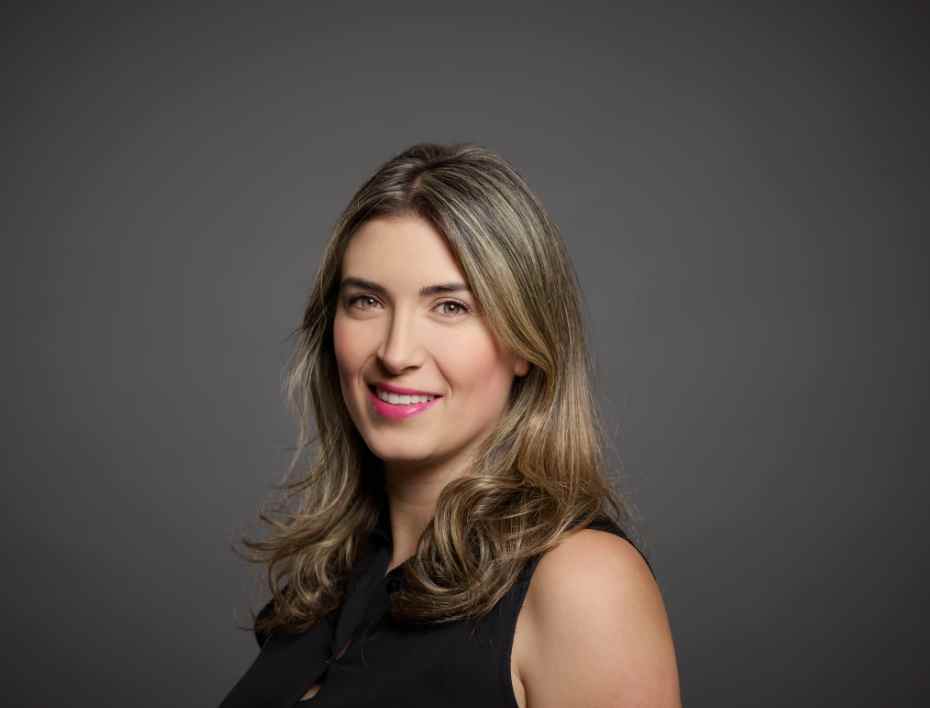
“Measures need to be taken by our industry to lead the economy by example. Not only through internal policies, but also the messages we create for our clients, which help in changing mindsets and redefine gender roles in our society.”--Layal Takieddine, head of marketing at OMD UAE
This is one of the reasons why GWPR’s new Middle East chapter is focusing all of its efforts on mobilising support for a more flexible workforce in its inaugural year, says Loretta Ahmed, the founder and chief executive of Houbara Communications and a board member of GWPR MENA. “From remote working to flexible start and finish times to shared roles to part-time contracts to better returnee programmes, it’s the future of the work place and we just have to get over the trust barrier that can exist and change how we support our staff.
“The challenge is much broader than getting paid the same as your male counterpart and having a better work/life balance,” she adds. “It’s about creating a truly inclusive business culture with equal opportunities for all and a future-fit workplace that is adapting to what young women (and men) are looking for – a career that fits round their life, not a life that fits round their career.”
That’s why it’s important to differentiate between gender equality and gender equity, says Gevresse, with the latter setting the stage for the former. “In the world of data we should make gender equality and equity quantifiable and define it as an opportunity rather than create useless additional tensions and controversial issues,” says Gevresse. “Men and women should engage in a concrete conversation and create space for an intelligent dialogue.
“Gender equality and equity imply changes for both men and women and it should work in both ways with a better-balanced redefinition of the respective roles, rights and responsibilities of women and men in the different spheres of life, including work and the family. Women and men need to learn to respect and trust each other.”
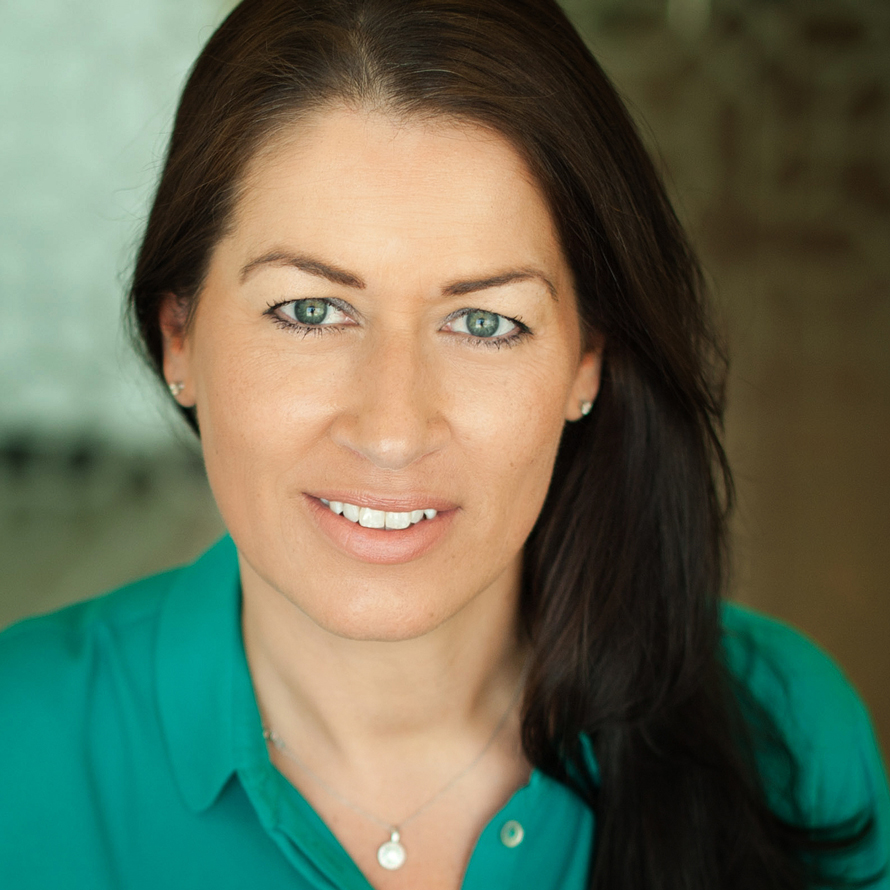
“The challenge is much broader than getting paid the same as your male counterpart and having a better work/life balance. It’s about creating a truly inclusive business culture with equal opportunities for all…”--Loretta Ahmed, founder and chief executive of Houbara Communications / board member of GWPR MENA
As an industry, policies that address workplace discrimination, harassment and abuse need to be implemented and driven forward, adds Gevresse. Women also need to be provided with equal access to education and the opportunity to develop their personal ambitions and interests, while agencies must offer equal opportunities for financial independence to women. Many agencies are already doing this, of course, including DDB, which has 50 per cent female representation at lead management level.
“It’s a collective responsibility,” says Takieddine. “Measures need to be taken by our industry to lead the economy by example. Not only through internal policies, but also the messages we create for our clients. These messages can help in changing mindsets and redefine gender roles in our society.”
“My advice to all leaders is to help each potential female leader in your business find their way to the top,” says Ahmed. “That means planning that pathway early on and supporting along the way. Women need career breaks. That doesn’t mean their careers stop. We owe it to every woman who takes a career break to create a return plan that works for her. If we can all get this part right we will remove the biggest barrier and the result will be a win-win for all.”
Not that everyone believes responsibility for gender equality lies with agency leaders. Some, like Abdo, believe it is up to women to help themselves.
“To ensure that the gender gap gets smaller – it won’t go anytime soon – women have to rely on themselves, and only themselves,” says Abdo. “No ambitious woman waited for someone to hold her hand. Women have to empower themselves, believe in themselves, and fight.”


